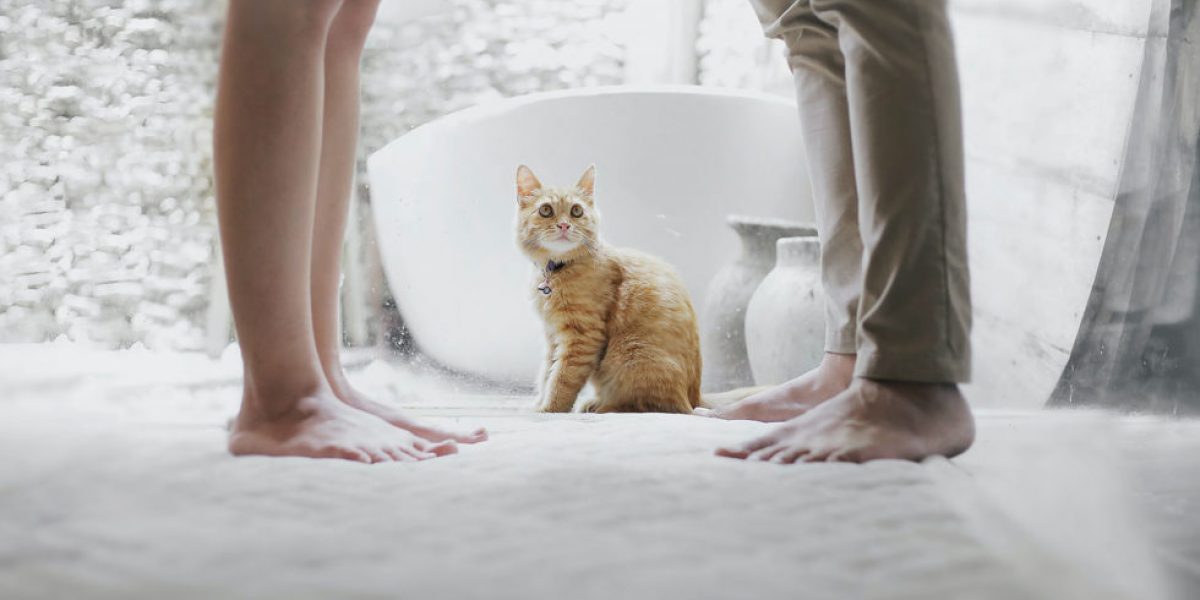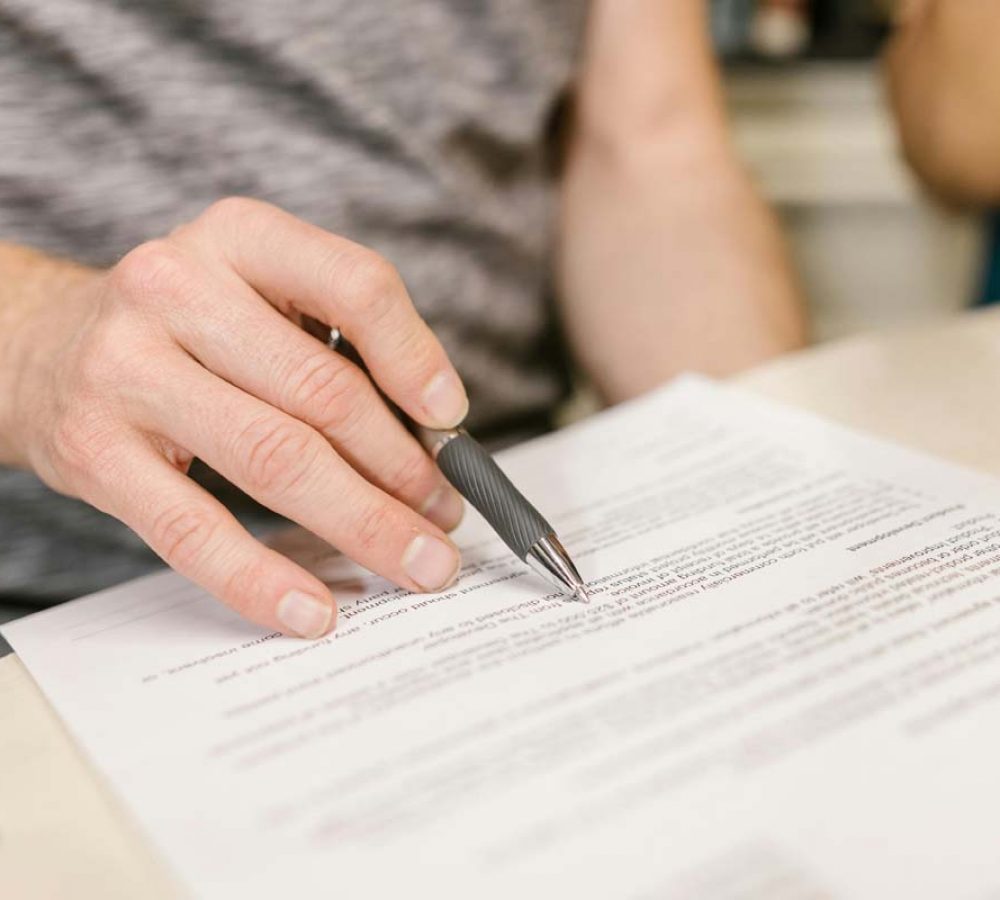Separation and divorce is an emotional time for everyone involved. Depending on your circumstances and key priorities, making changes to your Will might seem like the last thing on your mind. But none of us knows what the future holds, so it makes sense to protect the ones you love and want to care for with an up to date Will.
If you are separated and have no Will, your spouse would still inherit from you under the intestacy rules, and your estate would pass to them in the absence of a Will. How the intestacy rules would affect you depend on your own family circumstances, but two examples are:
- If you are married without children, all of your estate and personal chattels will pass to your spouse.
- If you are married with children, the first £250,000 of your estate, and all of your personal chattels, will pass immediately to your spouse. The rest of your estate will be divided into 2 equal parts. One half will for your spouse, and the other half will be held for your children in equal shares, until they are 18.
If you own property and have children, it is important that you make changing your Will a priority if you separate or divorce from your spouse/partner, otherwise on your death, your ex-spouse/partner could receive everything you owned under your old Will.
If you are divorced and have received the final papers, financial matters have probably been settled between you and your former spouse. Regarding your estate, matters can still be complicated, though, and need careful consideration. If you made a Will before your divorce, this will is still valid.
Many married couples appoint each other as the executors and beneficiaries of a Will, either alone, or to share with the children. Divorce has the effect of removing the former spouse from the will completely, while the appointment of other executors and beneficiaries remain valid.
If the former spouse was given the larger part, or indeed all, of the estate, and no substitute provisions are made in the Will for their absence, then this means that after divorce there is no one to inherit this property. In this instance, the intestacy rules will apply to the assets remaining.
If you are a divorcee with children the estate would go to their children. However, should that divorced person and his or her children die together, for example in a car accident, then the estate would go to the divorced person’s parents or, if they are not alive, brothers and sisters (or their children) of the divorced person. If the divorced person was an only child, or has no parents, siblings, nieces or nephews surviving them, then it would be grandparents or aunts and uncles (or their children) who would be entitled. This is unlikely to be what you would want, so making an up-to-date will provides for this scenario.
If you are a divorcee without children: the estate would go to their parents or brothers or sisters. This may suit you, but if you have a new partner, and perhaps a new family, they may not be properly provided for. Updating your will ensures that your changed circumstances are accounted for.
Contact our team for further information on 01792 468684 or email enquiries@pgmsolicitors.co.uk.




